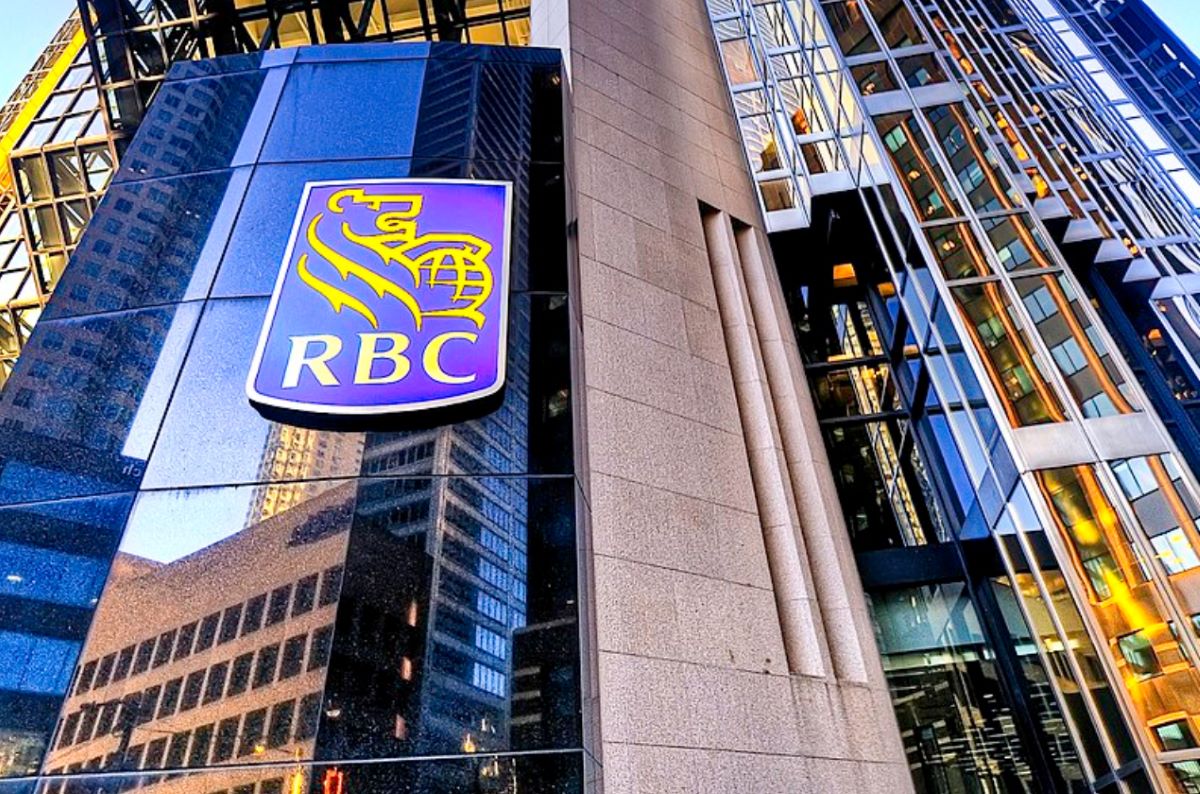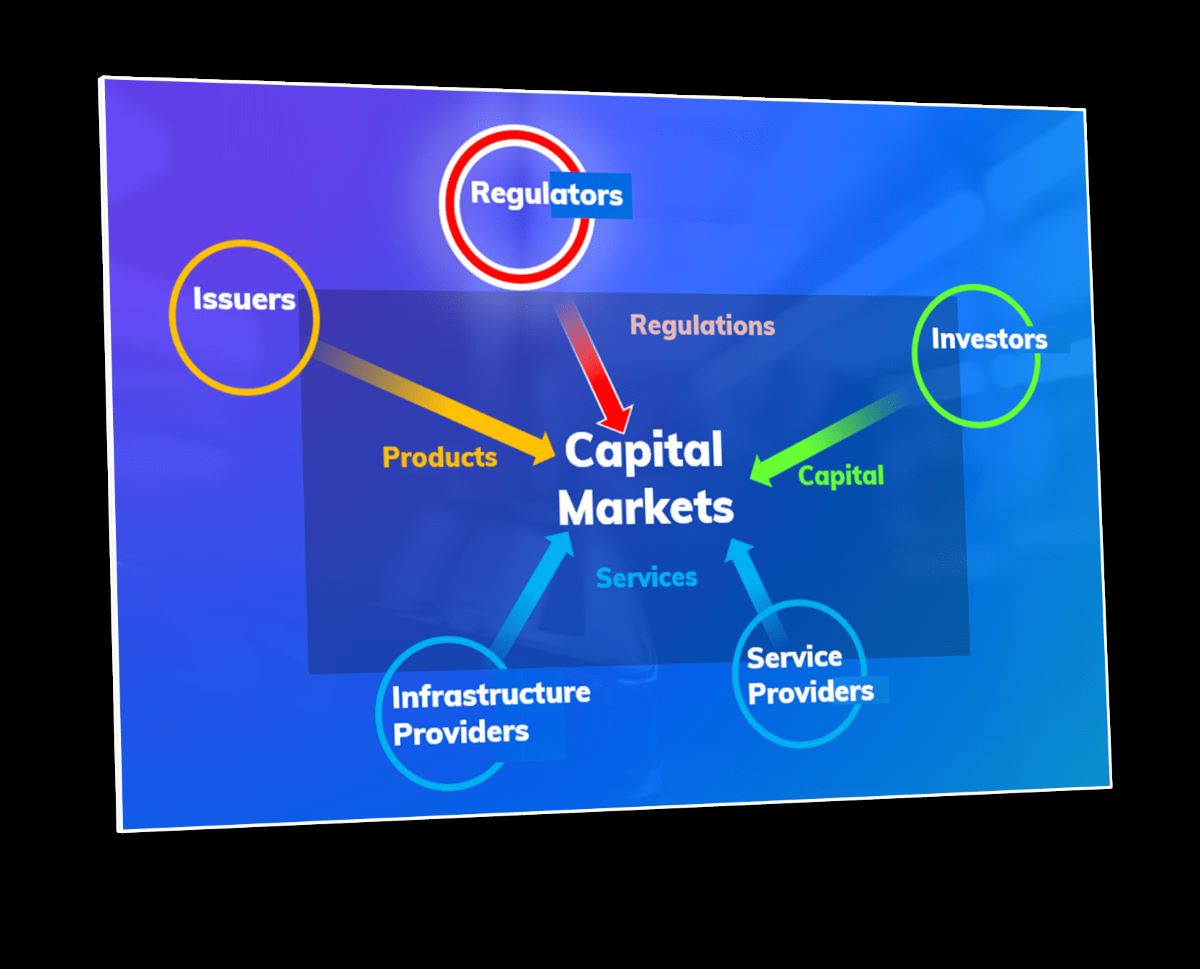

Finance
Market Capitalization Rule Definition
Published: December 22, 2023
Learn the definition and importance of market capitalization rule in finance. Understand how it affects investments and financial decision-making.
(Many of the links in this article redirect to a specific reviewed product. Your purchase of these products through affiliate links helps to generate commission for LiveWell, at no extra cost. Learn more)
Understanding Market Capitalization Rule Definition: A Guide for Financial Success
When it comes to navigating the world of finance, understanding market capitalization is crucial. Whether you’re a seasoned investor or just starting to dip your toes into the financial markets, having a solid grasp of market capitalization can give you a competitive edge. In this blog post, we will delve into the market capitalization rule definition, explore why it matters, and discuss how you can leverage this knowledge to make informed financial decisions. So, let’s dive in!
Key Takeaways:
- Market capitalization is a measure of a company’s value, calculated by multiplying its share price by the number of outstanding shares.
- Understanding market capitalization can help investors gauge the size and growth potential of a company, as well as assess its risk profile.
What is Market Capitalization?
Market capitalization, often referred to as market cap, is a key metric used by investors to evaluate the overall value of a publicly traded company.
Market capitalization is calculated by multiplying a company’s share price by the number of outstanding shares. It provides an estimate of what the market thinks a company is worth and helps investors understand its size relative to other companies in the market.
Market capitalization can be categorized into several ranges, including large-cap, mid-cap, and small-cap. Large-cap companies are generally well-established and have a market capitalization typically above $10 billion, while mid-cap companies fall within a range of $2 billion to $10 billion. Small-cap companies, on the other hand, usually have a market capitalization below $2 billion.
Why Does Market Capitalization Matter?
Understanding market capitalization is essential for investors as it provides valuable insights into a company’s size, growth potential, and risk profile. Here’s why it matters:
- Evaluating size and stability: Large-cap companies are typically more stable and less volatile compared to small-cap companies. Investors seeking stability might look for large-cap stocks, whereas those willing to take on more risk may be interested in small-cap stocks with higher growth potential.
- Comparing companies: Market capitalization allows investors to compare companies within the same industry or sector. It provides context and helps in making better-informed investment decisions.
- Index selection: Market capitalization is a critical factor in determining a stock’s eligibility to be included in various stock market indices, such as the S&P 500 or Dow Jones Industrial Average.
Conclusion
Understanding market capitalization and its implications can greatly enhance your financial decision-making. By assessing a company’s size, growth potential, and risk profile, you can tailor your investment strategy to align with your financial goals. Remember, when it comes to investing, knowledge is power, and market capitalization is one key piece of the puzzle. So, dig deeper, research extensively, and make informed investment choices that pave the way for your financial success!














